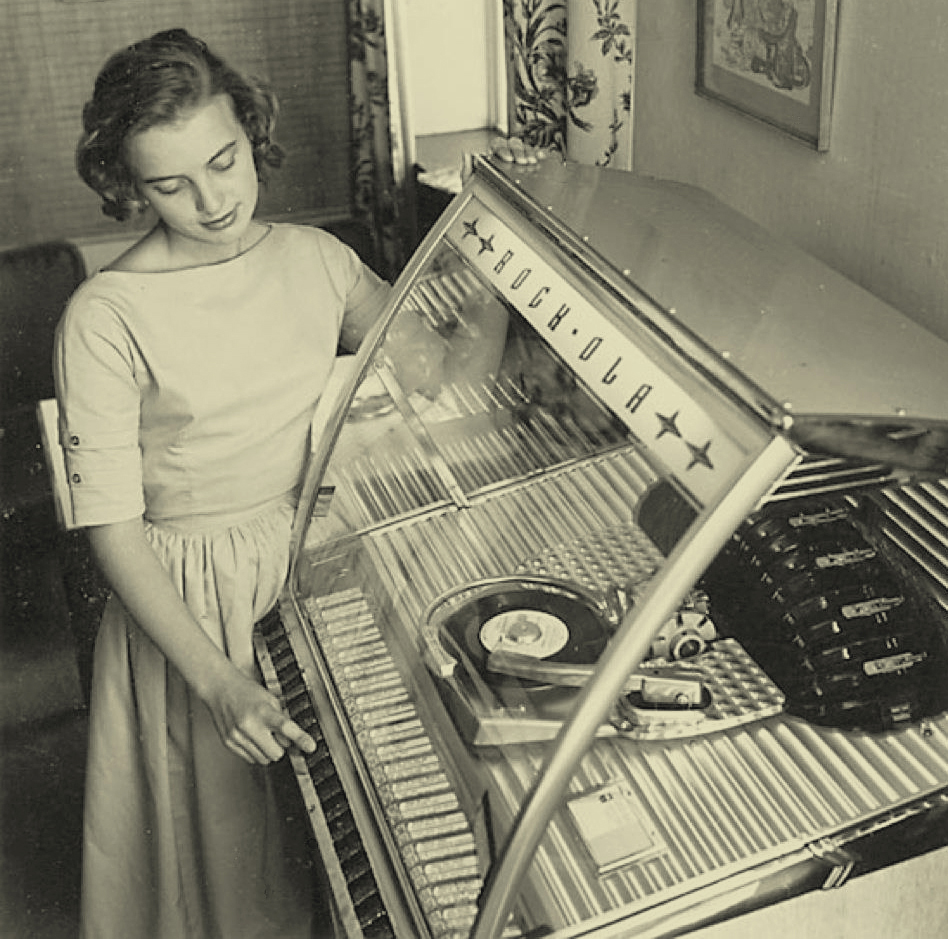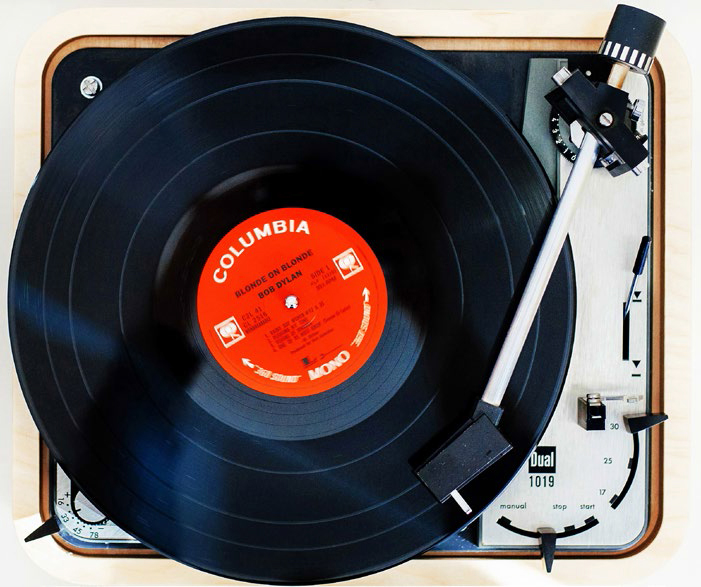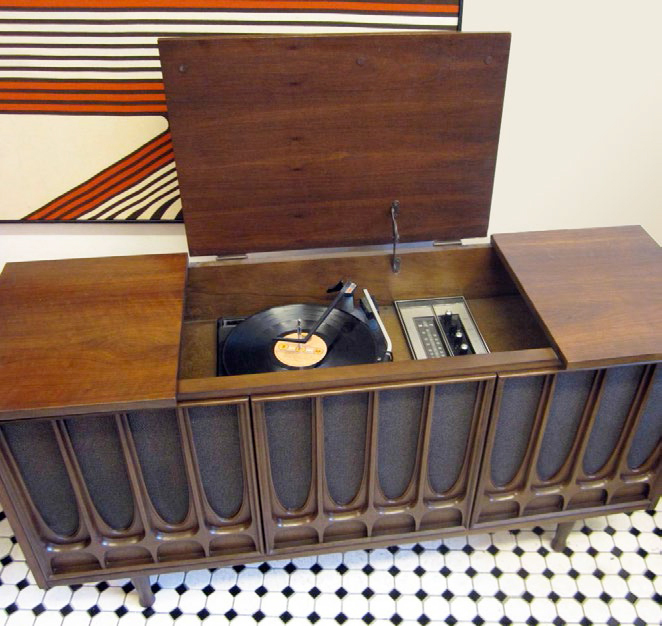Vinyl's Final Fling - Page 2
 |
|
|
 |
 |
|
|
Some have upwards of 40,000 records in their collections, others just a few dozen. None could really explain vinyl's continued defiant stand against a tech tidal wave of tuneful toys.
For some senior sources, their affair with vinyl was sparked by Elvis Presley, in a time when records were music's only game in town besides AM radio.
"Back in the day, to have the music, you had to buy the record," recalls Bob Perry, who started a career that has included running several record labels by clerking in the 1980s at Cheapo Records in Cambridge, Massachusetts.
"When I grew up, you had to seek it out," says Joel Selvin, author and longtime pop music critic for the San Francisco Chronicle. He was speaking about popular music in general, contrasting his 1950s youth with 2017. "Man, it's just everywhere! It's in the stores, it's on buses..."
Maybe it was the limited availability that made the music so sexy in the '50s and '60s. Certainly, when describing people's passion for vinyl, many experts can only explain it in terms ranging from carnal to spiritual.
Like Bob Perry in Massachusetts, John Goddard's first job was clerking at his hometown record store in Mill Valley, "because I got a discount on records."
"I had no idea it was going to end up being my life," Goddard said recently from the crowded storeroom that remains of Village Music. Eleven years after starting at the store as a 13-year-old Elvis fan, "I took it over in 1968 and owned it for 40 years."
While Perry finally bought Cheapo and took over in January of this year (2017), Goddard closed Village in 2007 and now settles for opening and tending the storeroom on Saturday afternoons and by appointment.
"It's not a way of life the way it was in the '50s and '60s. It's more of a background thing," the Marin lifer observed of his half-century in music retail.
Given the music's omnipresence and array of different formats today, most industry professionals find it harder to identify reasons for vinyl's endurance than it was to find clues on Beatles albums that proved, once and for all, that 'Paul is dead.'




